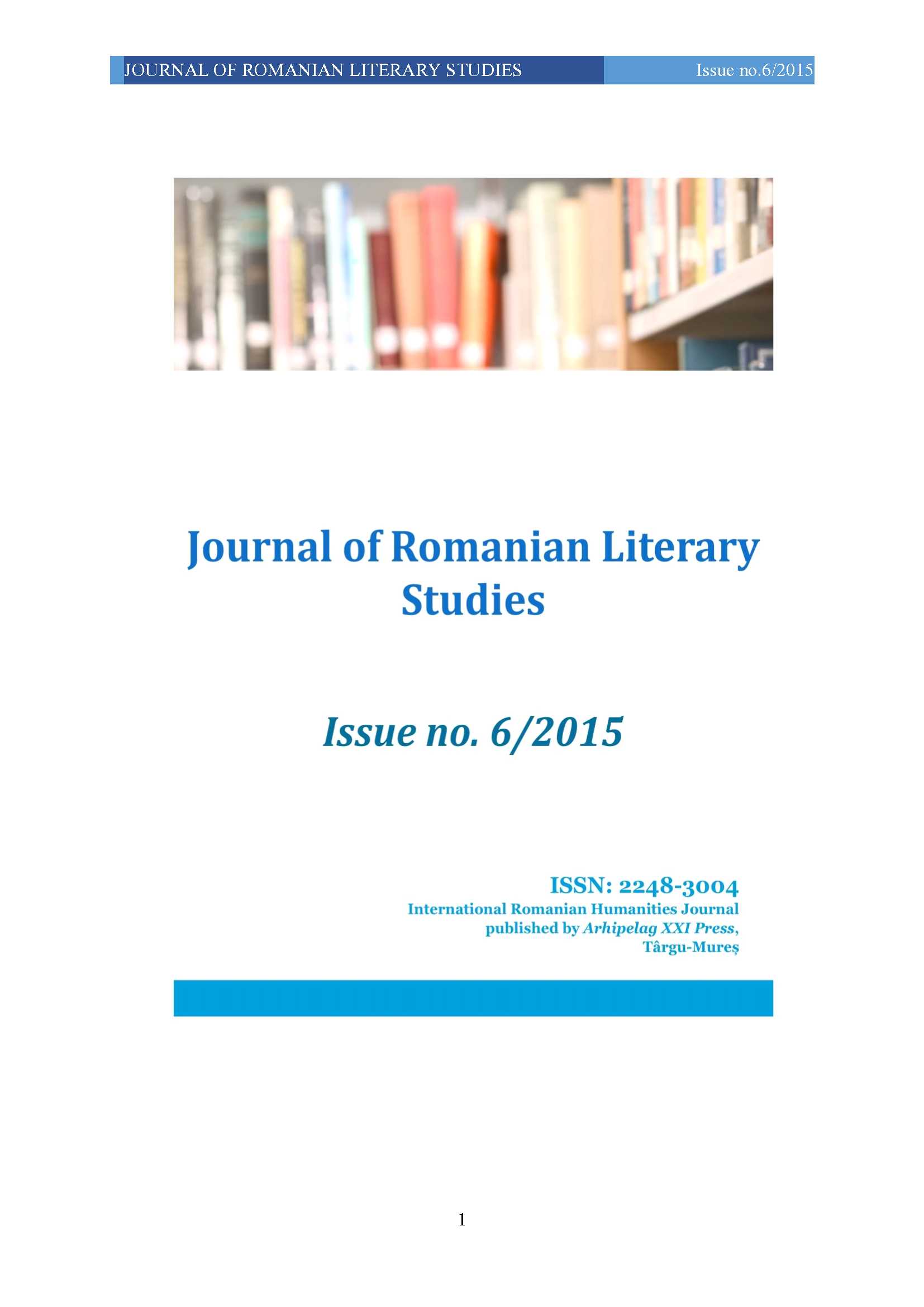FEMININE CONFESSION LITERATURE. HORTENSIA PAPADAT-BENGESCU, ARABESCUL AMINTIRII
FEMININE CONFESSION LITERATURE. HORTENSIA PAPADAT-BENGESCU, ARABESCUL AMINTIRII
Author(s): Elena FILOTE (PANAIT)Subject(s): Language and Literature Studies, Literary Texts
Published by: Editura Arhipelag XXI
Keywords: confessional literature; feminine writing; autobiography; autofiction; abysmal psychology
Summary/Abstract: The confessional texts of the novelists come to complement their fictional works, acting as deeds of life and creation. The autobiographic pact is, nonetheless, frequently transgressed in such writings, as the author does not always present the truth, but rather a remoulding of his/ her life. Traditionally associated with the feminine literary paradigm, the confessional writing functions as compensation in rapport with reality, and it is characterised by intimism, openness towards eroticism, acute sensitivity and an infinitesimal dilution of the sensations. With the posthumous publication in 1986 of the texts comprised in Arabescul amintirii, an epic project of Hortensia Papadat Bengescu aiming at the publication of an autobiographically-inspired book was finally made possible. These “disguised memories” under the mask of an ordinary character, the Little Girl (Fetița), the author’s alter ego, may be also read as a meta-writing, feminine par excellence, since they employ the main axes specific to Bengescu’s prose discourse.
Journal: Journal of Romanian Literary Studies
- Issue Year: 2015
- Issue No: 06
- Page Range: 992-1002
- Page Count: 11
- Language: Romanian

